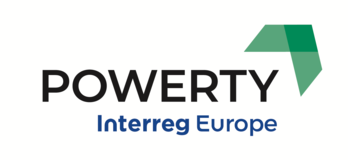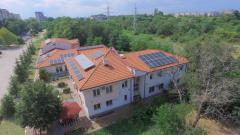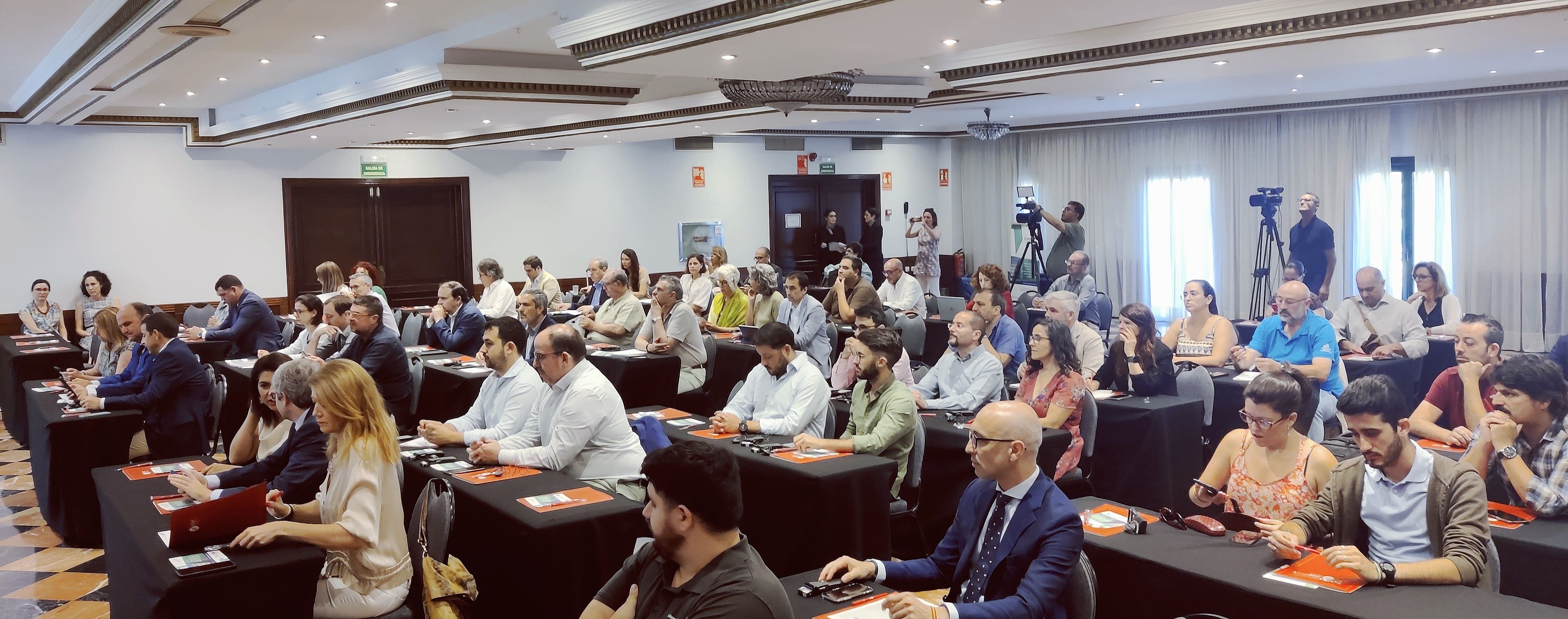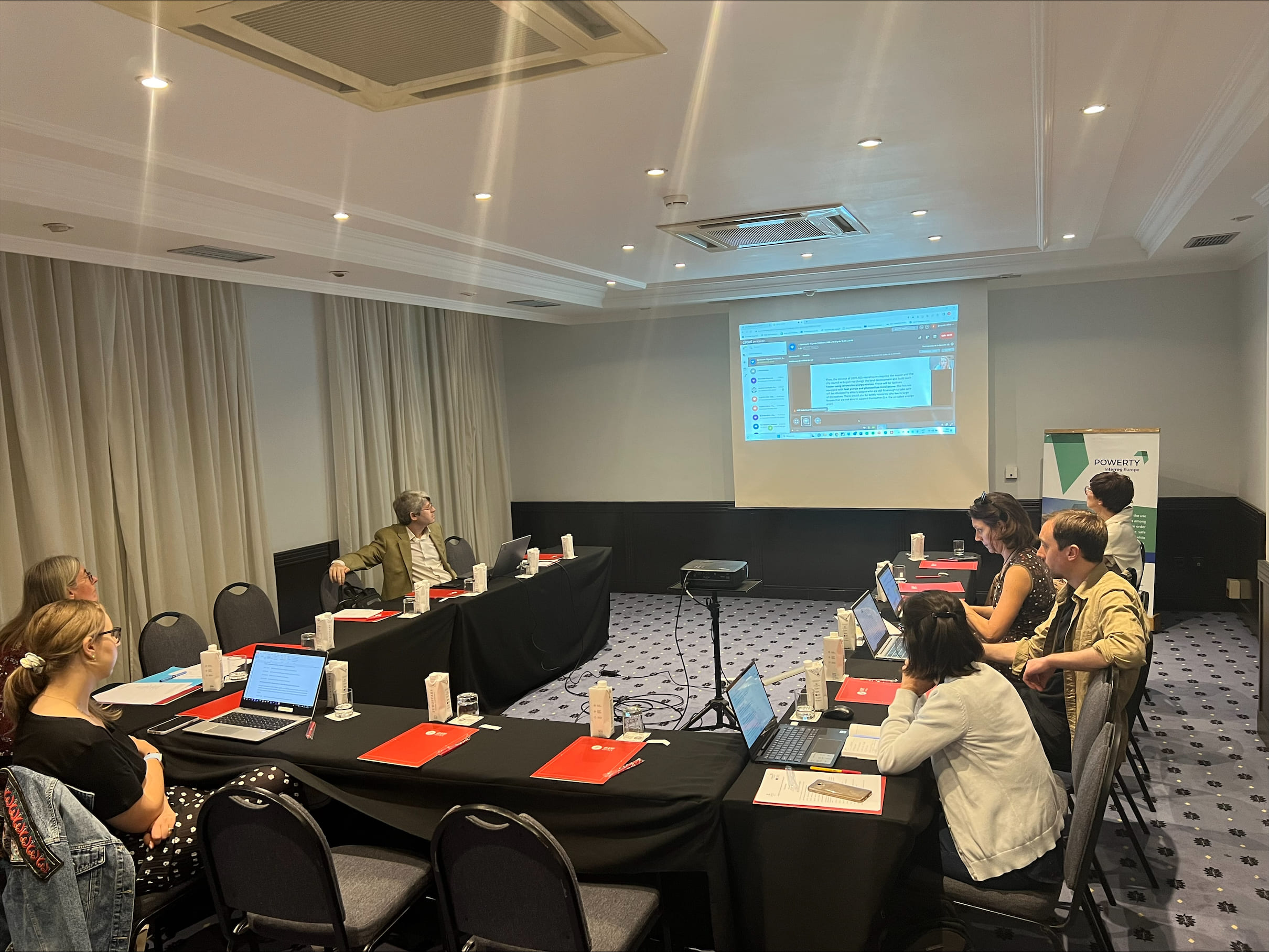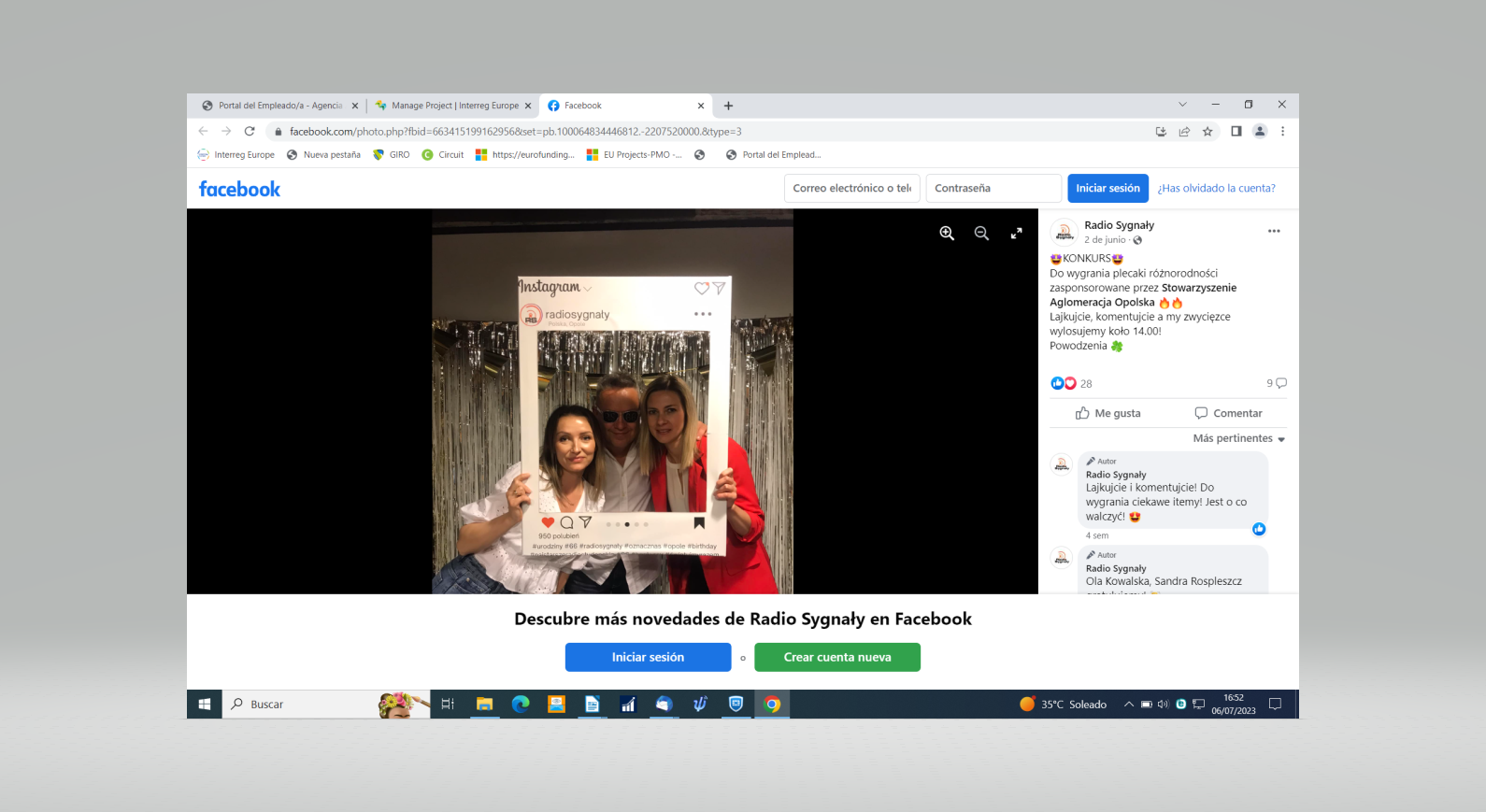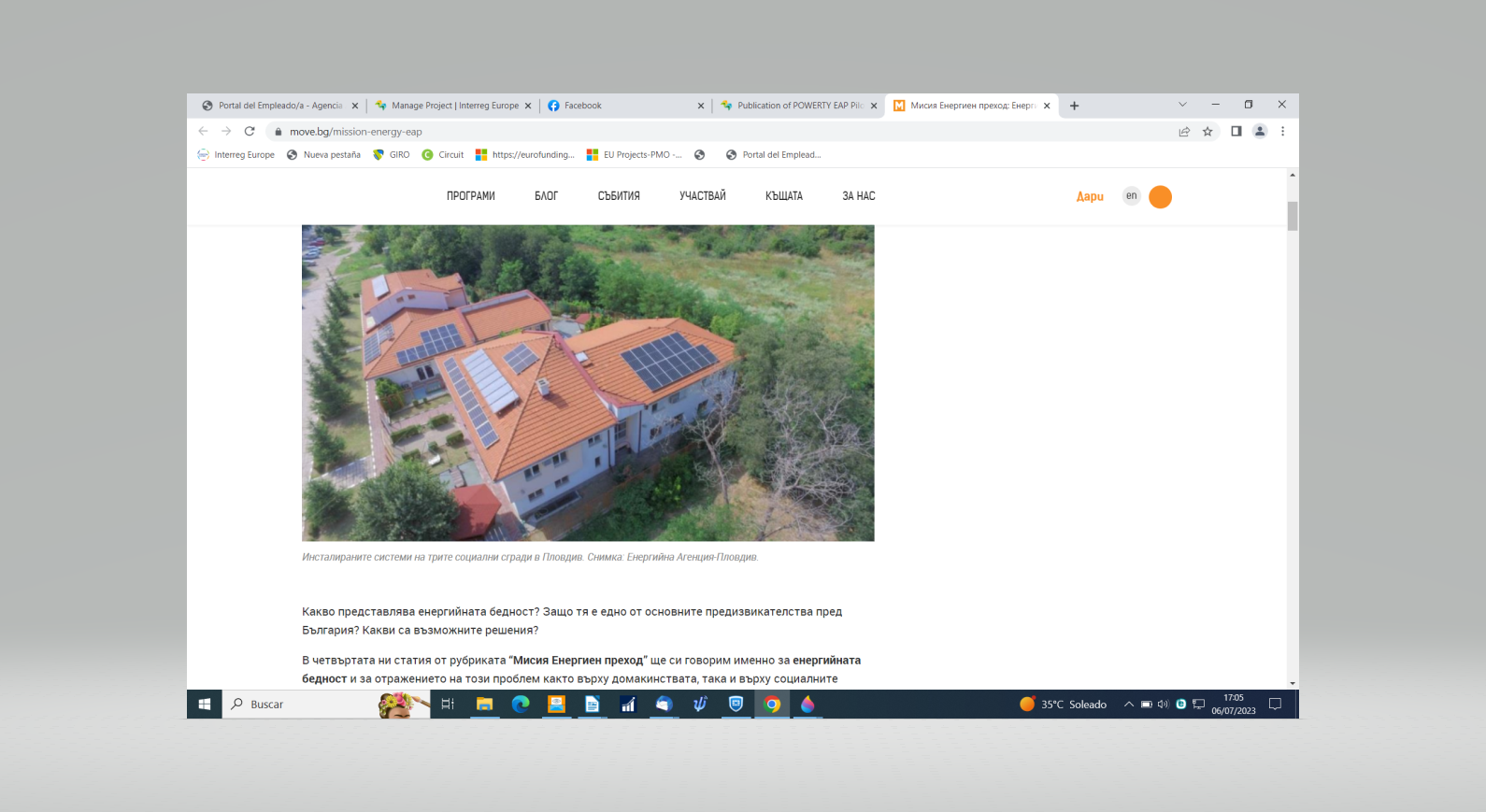The Andalusian Energy Agency, organsied the online workshop titled “Tackle energy poverty with renewable energies through energy communities on 11/10/22 in the framework of the 20th European Week of Regions and Cities, with the collaboration of all partners.
This initiative was submitted and approved towards the end of phase 1, whose aim, based on the POWERTY project learning process, was to present the challenge of energy poverty in Europe as well as good practices, focusing on vulnerable groups and how to to alleviate their energy poverty through renewable energies in order to inspire European regions and cities to reduce energy poverty using renewable energies and energy communities.
Session summary and conclusions
• European characterisation and indicators of energy poverty.
Stephan Bouzarovski described, among others, the different types of indicators to measure energy poverty, a concept which is complex to define and that determines the indicators, being the consensual indicator most common used is the inability to keep home adequately warm.
• European energy communties to alleviate energy poverty.
Achille Hannoset presented what an energy community is and the types of the energy communities: citizen energy communities (CEC) and renewable energ communities (REC).
He described how the energy communities can help address energy poverty, with EU examples, such as reduced consumption through energy efficiency advice and measures and lower supply tariffs through access to local produced renewable energy.
• Energy communities financed by citizens to offer renewable energy to vulnerable dwellings in the region of Auvergne-Rhône-Alpes (France).
Catherine Premat described an ESCO model contract created for citizen energy communities owning a renewable energy facility to take over the investment in renewable energy equipment on behalf of a vulnerable household and be reimbursed on the basis of rent paid by the household according to the fossil fuel energy savings achieved. Equipment such as solar hot water panels and photovoltaic or wood boilers may be transferred to the home free of charge once it has been paid back.
• Administrative procedures to facilitate the use of renewable energy in vulnerable households in Lithuania
Justinas Bucy showed the good practice in the topic of normative. After a regulatory change in Lithuania which simplify the process to become prosumer increased the number of prosumers exponentially and then the remote renewable energy power plants for prosumer are increased too.
• Energy and Educational Community in a vulnerable neighbourhood with high levels of energy poverty in the city of Seville (Spain).
Ruth Borrego presented the creation of the Energy and Educational Community “Torreblanca Ilumina” which has been supported through legal, social and technical assistance provided by the Andalusian Energy Agency. This has led to the awareness of many people in the Torreblanca neighbourhood, thanks to the workshops carried out and the provision of an energy office to attend consultations from interested people in the neighbourhood.
• Photovoltaic installations with batteries in Bulgarian social buildings.
Angelina Tomova showed 3 hybrid systems consisting of photovoltaics and batteries that have been installed in buildings for social use where children and young people with mental disabilities live and develop educationally.
• Conclusions
Support is needed at the regulatory, financial and social level through the energy communities to reduce energy poverty. Tackling a problem such as energy poverty through the union of people who cooperate to obtain energy, environmental and social benefits is what gives rise to the development of energy communities, so they are the solution to leave no one behind. The figure of local authorities is essential, as one of the speakers pointed out, to promote the development of energy communities with the aim of reducing energy poverty, as in the case presented in Torreblanca (Seville, Spain), by facilitating financing and/or cession of spaces to develop renewable facilities that share their energy. Crowdfunding models to provide financing that traditional financing does not cover for people who are in a situation of energy poverty.
